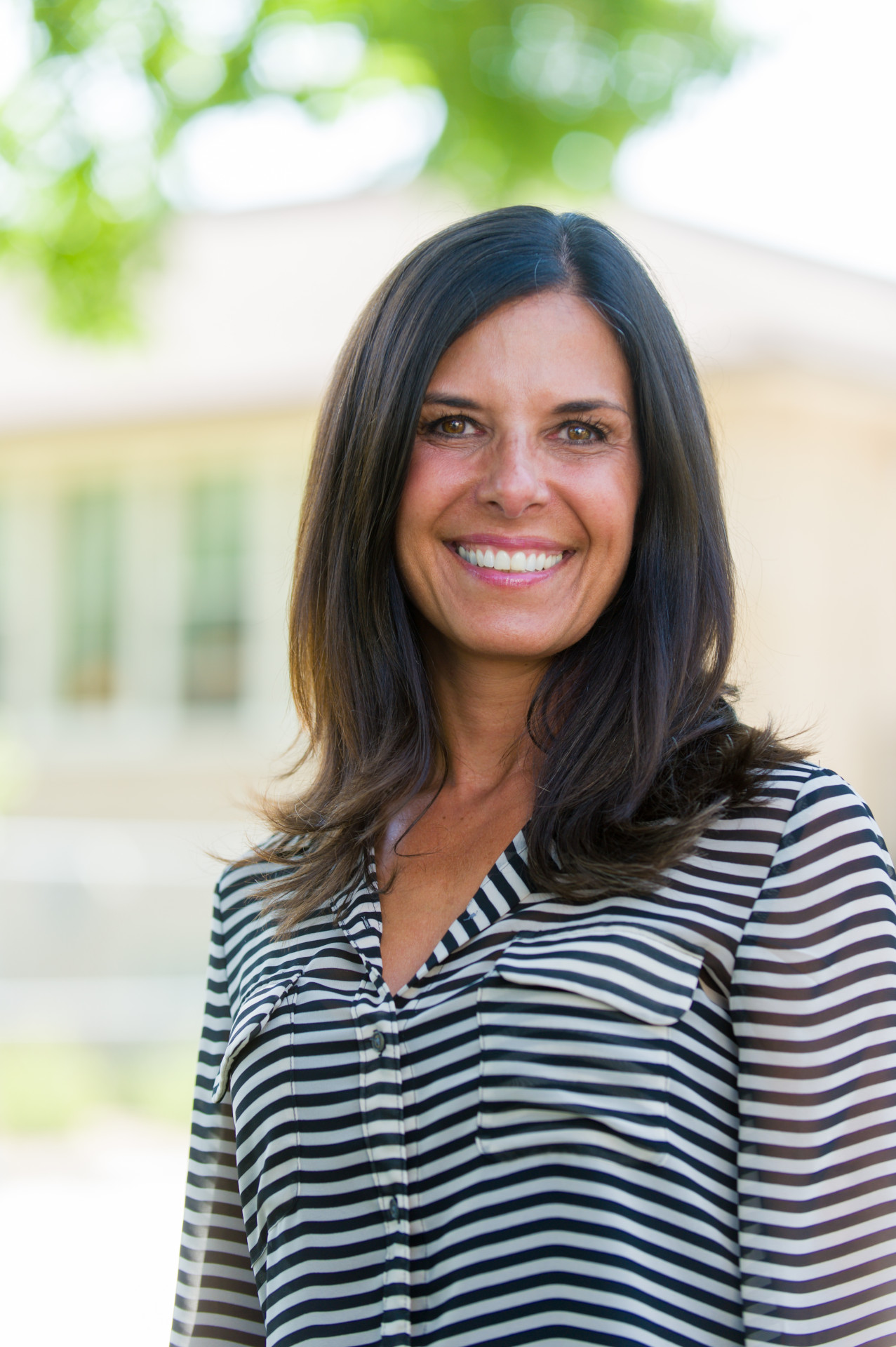Donors Provide a Critical Piece of the Puzzle
Dear ECC Families and Friends,

Reflecting back on 2020, I am sure we can all agree it was a challenging year. At the beginning of the year, the ECC lost a dear friend when Marie Macy passed away in January. Marie inspired countless children and students at the Colorado State University Preschool, now the ECC, where she worked for over 18 years. Learn more about Macy’s life, career, and generosity.
After that, the ECC was closed to children and families from March 16 through June 30 due to the COVID-19 pandemic. Even though our highly-qualified teachers could not care for children in person, we continued to pay them and they stayed connected virtually with ECC children and families. During this time period, 60% or more of all child care programs in the U.S. were closed and those that stayed open were at reduced capacity. Many of the child care centers and preschools that managed to survive the shutdown are still fighting to keep their doors open, the ECC included. Child care programs across the U.S. are struggling to find solutions to the challenges that arose as a result of the pandemic, including staff shortages, drastically reduced enrollment and revenue, and increased requirements for cleaning, disinfecting, and sanitizing.
The ECC budget relies predominately on parent tuition to support our three-fold mission of teaching, research, and service. More than 93% of our budget goes directly to staffing in a typical year. During our closure in 2020, parents were not charged tuition even as we continued to pay our teachers, which drastically affected our bottom line. Because of the pandemic, the ECC experienced a revenue deficit in 2020 which had implications for our ability to stay solvent. Even with our re-opening in July 2020, we project that we will be in the red for FY21. Fortunately, the generous support of private donors who gave to the ECC’s CSU Foundation accounts was a critical piece of the puzzle and instrumental to the ECC’s ability to remain open.
The ECC’s ability to operate requires appropriate revenue levels and is dependent upon increasing our enrollment capacity. Unfortunately, like all early childhood programs, our ability to reach enrollment capacity is affected by multiple extenuating factors including parental willingness to put their children in group care during a pandemic. When we reached out to parents to ascertain their interest in returning to the ECC when we re-opened, only 30% of families responded in the affirmative. Fortunately, this number increased to 70% beginning in August and 2020 enrollment remained at that level. We are planning for the 2021-2022 school year that begins on August 4, 2021, with the expressed intent of reaching full enrollment.
As a laboratory school, the ECC not only provides early care and education, it also trains future early childhood professionals. During the fall 2020 semester, no interns or practicums were physically present at the ECC. Instead, ECC teachers and staff provided them with remote learning experiences. In 2020, a total of 72 CSU students received remote training from the ECC’s highly qualified teachers. In order to ensure a viable child care system moving forward, CSU must remain committed to providing opportunities to recruit and train future early childhood educators. It is another important piece of the puzzle as we all work together to find the solutions to the challenges that face early care and education in the 21st century.
Warmly,
Karen Rattenborg, Ph.D.
CSU ECC Executive Director
Assistant Professor – Human Development and Family Studies


